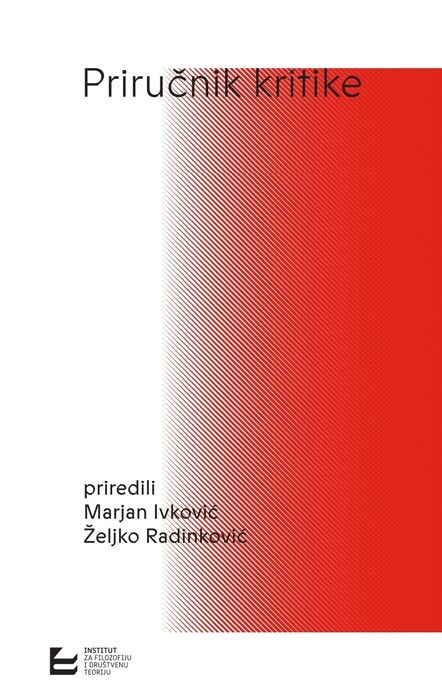Poreklo i priroda kritičkog u kritičkom realizmu
The origin and nature of the critical in critical realism
Author(s): Milica Resanović, Srđan Prodanović
Subject(s): Philosophy, Structuralism and Post-Structuralism
Published by: Institut za filozofiju i društvenu teoriju
Keywords: Ontological Stratification; Epistemological Relativism; Generative Mechanisms; Retroduction; Dialectic
Summary/Abstract: Critical realism represents a relatively heterogeneous direction in the philosophy of (social) sciences that arose in the middle of the last century as one of the variations of the so-called postpositivism. The main idea of critical realists is reflected in the effort to develop a specific type of metatheory about social reality that will be equally distant from both "postmodern relativism" and positivist reductionism. One of the basic assumptions is that a valid understanding of the subject of social sciences requires a specific leap in the level of abstraction, since many properties of the social world cannot be so easily quantified and fit into the research procedure, but equally cannot be subsumed under discursive strategies that are subject to infinite interpretation according to the historical circumstances and power relations that exist in a given society. The reason for this complexity lies primarily in the fact that the terms usually used by social scientists — such as social structure, class, capital, power, agency, etc. — have, according to the opinion of critical realists, an existence that is independent of the actor, but which at the same time is shaped by the actor's action, which is inevitably, at least partially, based on the historically situated interpretation of those same social phenomena.
Book: Priručnik kritike
- Page Range: 354-383
- Page Count: 30
- Publication Year: 2023
- Language: Serbian
- Content File-PDF

